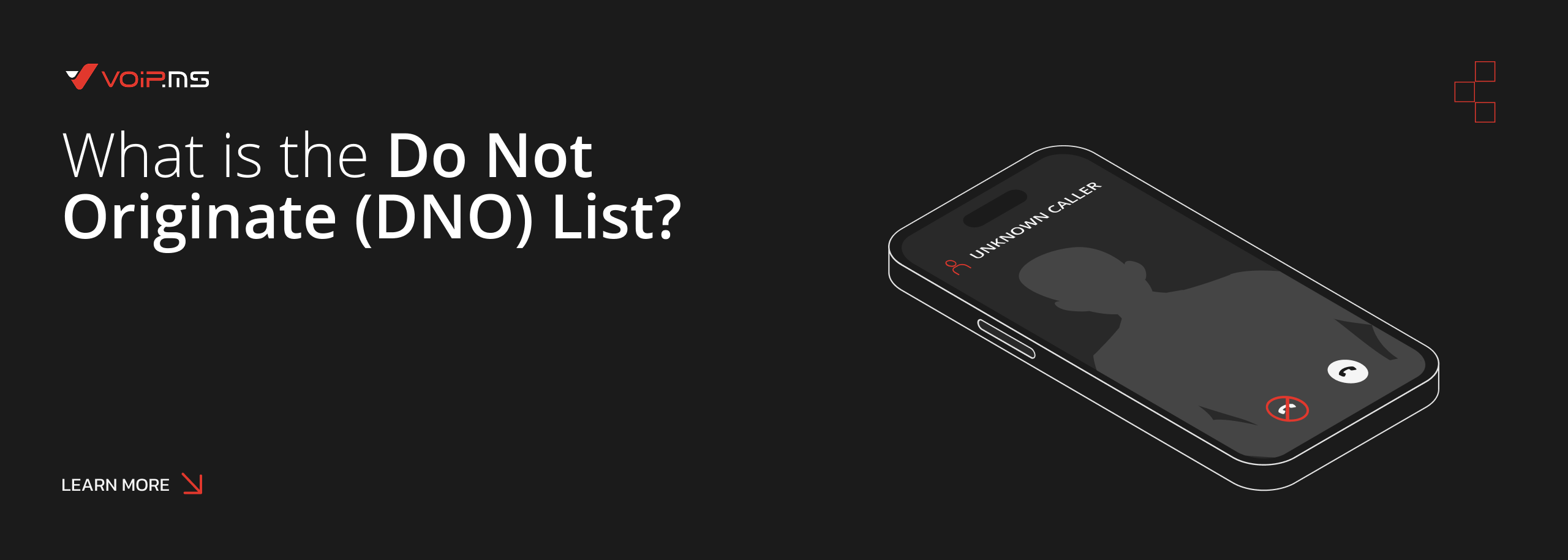On-Premise vs Hosted VoIP?
23 October 2019Business communications today is all about internet based call systems. Since its inception, VoIP has come a long way with improved reliability, functionality and cost-saving options. However, for a business before moving towards VoIP, it needs to determine how it will deploy the VoIP solution. Figuring out whether to have On-Premise or hosted VoIP, is an important step from a security point of view. However, before getting into details about the security aspects, let’s talk about the basic differences between the two options.
On-Premise VoIP
On-Premise VoIP solution is similar to the traditional PBX system which is operated live on site, such as the computer equipment room or server closet. As compared to Hosted VoIP, On-Premise solutions can be quite cheap. However, it is also important to look at other factors like scalability, technical support, and available infrastructure. If the business is planning to expand aggressively over the next year or so, they might not be able to manage the spike in traffic efficiently. This might lead them to hire an outside technical expert in managing and securing the On-Premise VoIP solution, incurring additional cost. This means that whatever the business saved by going for On-Premise PBX was ultimately incurred in hiring a technical specialist. And now, they have to manage the overhead of that technical specialist each coming month.
Hosted VoIP
Hosted VoIP, on the other hand, is the one where the service provider for operating or housing the IP-PBX and also the technology which is required to provide the services to the businesses. Herein, the service provider charges the monthly fee, just like VoIP.ms, and also provides additional features as required by the businesses. Unlike the On-Premise solution, the service provider is responsible for managing and securing the hardware in hosted PBX. Businesses can rely upon service providers for continuous and consistent connectivity. Also if there is a spike in traffic, service providers can increase the bandwidth to ensure seamless operations.
Which Option is more secure?
As any other server or network, VoIP servers are also susceptible to malicious attack and must be protected at all cost to maintain the confidentiality of business operations. Various security risks to which the VoIP phone system might be vulnerable to are eavesdropping, phishing, call tampering, spoofing and middleman attacks. Many small to mid-size businesses fail to address this part of the VoIP service and thus become more vulnerable.
Our point of view on this is, it is still better to go for hosted VoIP services, because then businesses can rely upon the service providers to take care of every aspect of security when it comes to VoIP services. Service providers are well-versed with the technology and have all the resources which can help them to identify vulnerabilities, protecting each and every entry point and thus reducing the area of attacks.
Share:
Back to Blog





